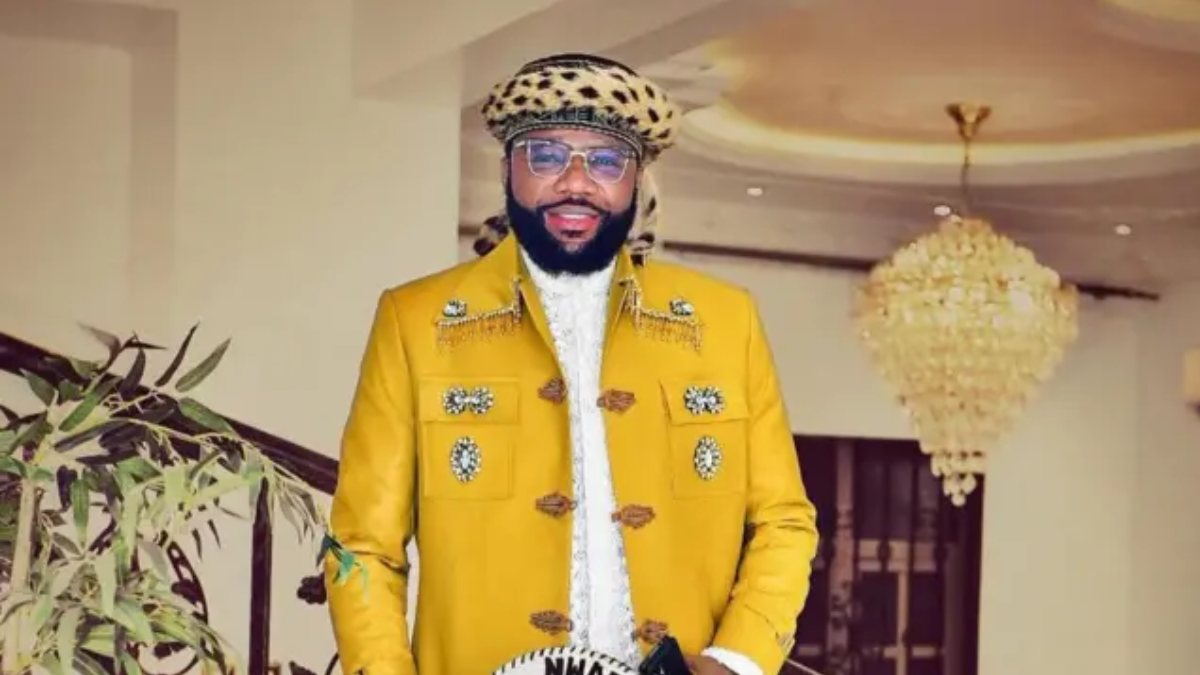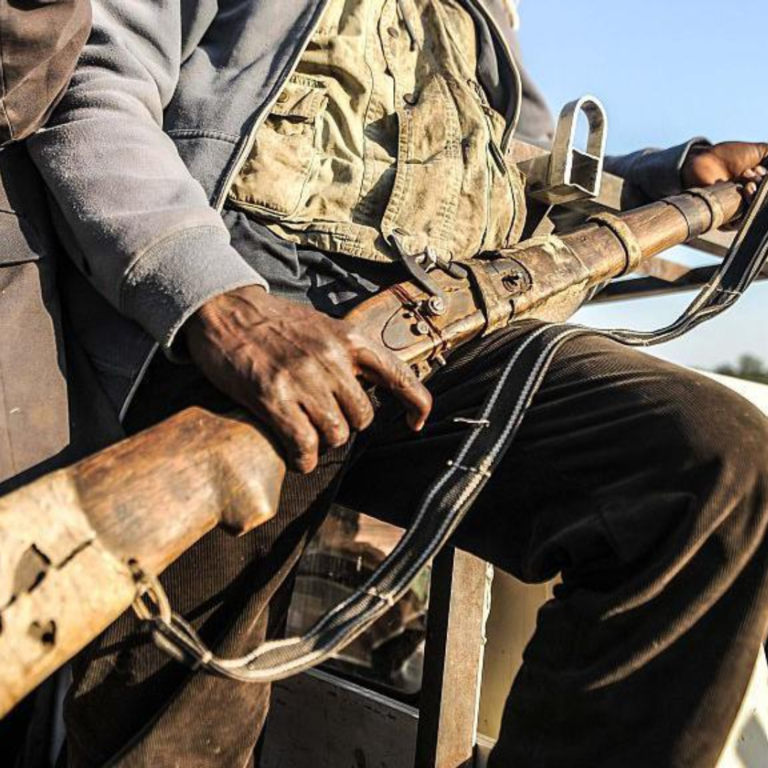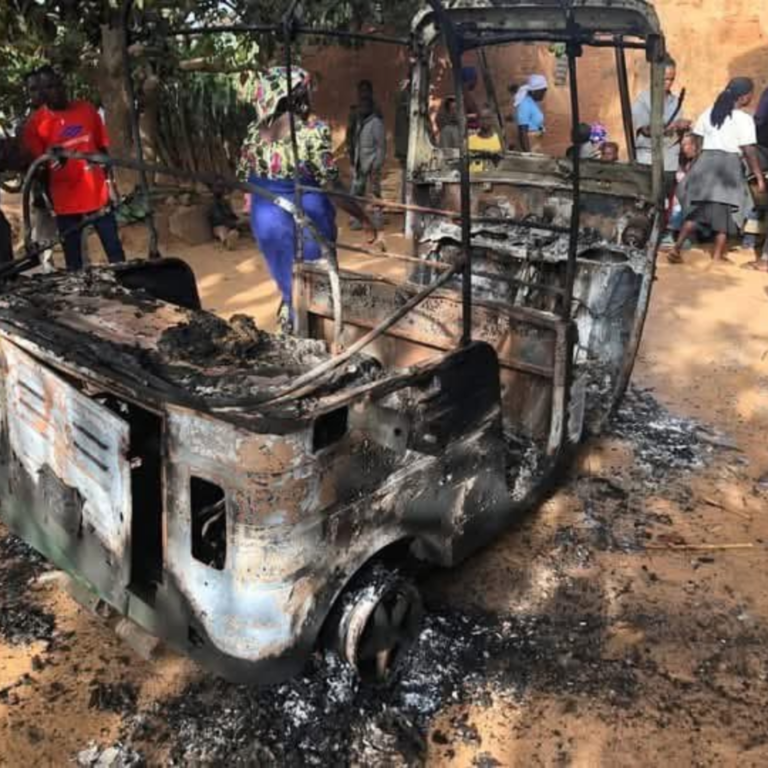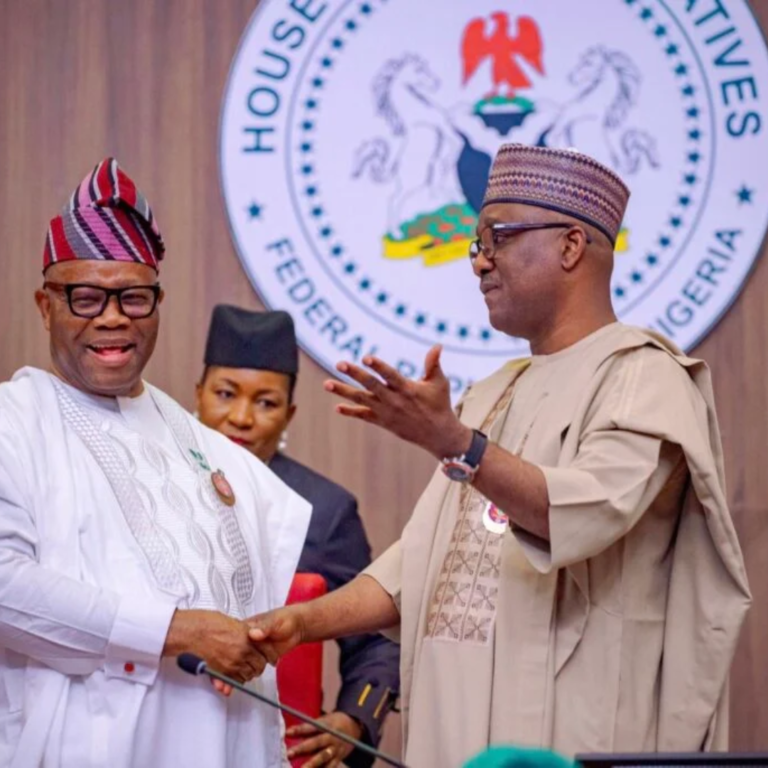If you’ve been on the internet in the past week, chances are you’ve come across several talks of witchcraft accusations in Nigeria, and you might have wondered what that is all about. In this article, we break down the genesis of the whole event and explore what the law says about it.
What’s the story?
On Friday, November 22, an X user made a post celebrating Pastor Helen Ukpabio on her birthday. Responding to the post, Nigerian artist, Emoseh Khamofu, popularly known as Bloody Civilian, said in another post, “She literally made people burn their children alive.”
It’s been chaos from here — the post gained so much attention within a short time, including an angry reaction from Ukpabio’s daughter, Imaobong who asked Bloody Civilian to take down her post in five hours or face legal action.
Imaobong’s threat made the tweet even more viral than it was, with many people recalling how Helen Upkabio allegedly caused the death and deformation of many children through her teachings which heavily centred on the belief in witchcraft and satanic powers.
On Saturday, November 23, Imaobong and her mother, Pastor Helen Ukpabio filed a defamation suit against Bloody Civilian, demanding ₦200 billion in damages, the removal of her tweets, a public apology posted across her social media accounts and “published in ten Nigerian national dailies and international news media like CNN, Aljazeera, Fox News.”
The wave of witchcraft accusations in Nigeria
A child undergoing exorcism. Photo: Aljazeera
For as long as her church, Liberty Foundation Gospel Ministries, has existed, Pastor Helen Ukpabio has always believed in the existence of witchcraft (as well as satanic and occultic powers), and she has never made a secret of her belief.
She has spread this belief through her published books like Unveiling The Mysteries Of Witchcraft, her numerous preachings, and her film production company, Liberty Films. Her films spread the belief that children have a tendency to be possessed by demonic powers that make them become witches who do evil things against their loved ones.
Different cultures and ethnic groups in Nigeria have always believed and feared witchcraft, but it was usually older people, particularly elderly women, who were accused of being witches. However, in the early to mid-1990s, this changed, and children became the main target of these accusations, and this stretched into the 2000s. Some studies have traced this switch to “the boom in revivalist churches”, among other reasons.
Revivalist churches like Ukpabio’s strongly believed that children could be witches. They spread this belief among their congregation and held deliverance services where they claimed to cast out demons from possessed children.
Feb. 2009. Children in Akwa Ibom State protest the witchcraft accusations against them. Photo: The World.
This belief was so rampant in Nigeria, particularly in Cross River and Akwa Ibom states. It made “children branded as ‘witches’ undergo a lot of abuse, fear and trauma ranging from beating, slashing their bodies with sharp knives, acid bath, and forcing nails into their skulls” to make them ‘confess.” This also caused an increase in homeless children, most of them accused of witchcraft by pastors and prophets. In fact, an estimated 15,000 children in Akwa Ibom and Cross River States have suffered the consequences of witchcraft accusations.
What does the law say about witchcraft?
Offences related to witchcraft are seen by the law as minor offences punishable by two years. Section 210 of the Criminal Code (applicable in Southern Nigeria) and Penal Code (applicable in Northern Nigeria) Act provides that a person can be locked up for two years if they:
- Accuse someone of being a witch
- Claim to be a witch
- Make, sell, or use magical items or charms to control people
- Participate in forbidden worship or rituals
- Has human remains (body parts) for use in forbidden rituals
- Make or use items associated with human sacrifice and other illegal practices.
So does this mean Nigerian law recognises witchcraft?
The answer is no; the law does not recognise witchcraft as an actual crime that can be proven or disproven in court. Nigerian lawyer, Timi Odueso says this is because there is no way to prove this, as “the burden of proof in criminal litigations is that it must be beyond reasonable doubt.”
“This also means that even if you confess or claim to be a witch, you have to prove to the judge that you can make things fly, turn into a bat, or do other outrageous things usually linked to witchcraft.”
Can a person be found guilty of witchcraft in a Nigerian court?
The short answer is no. While a person can be charged to court for witchcraft, they can be found guilty of offences relating to witchcraft but not witchcraft itself because, again, there is no way to prove this beyond reasonable doubt.
“A sensible judge cannot convict somebody of witchcraft because it will be impossible to prove. Everybody inside that courtroom must be able to see the effects of that witchcraft and must be able to perceive it with their other senses,” explained Timi Odueso.
What can victims of alleged witchcraft do to get help?
Even though the 1990s to late 2000s wave of witchcraft accusations in Nigeria seems to have died down, people across Nigeria are still accused of witchcraft, exposing them to human rights abuses like lynching, burning, stoning, and, in some severe cases, burying alive.
Accusing a person of witchcraft is a crime punishable by the law, so If you or anyone you know is accused of witchcraft, you can do either or all of the following:
- Report the matter to the police
- Reach out to organisations like Advocacy For Alleged Witches (AFAW). They provide financial and legal support to victims of witchcraft accusations. They can be contacted through this link.




